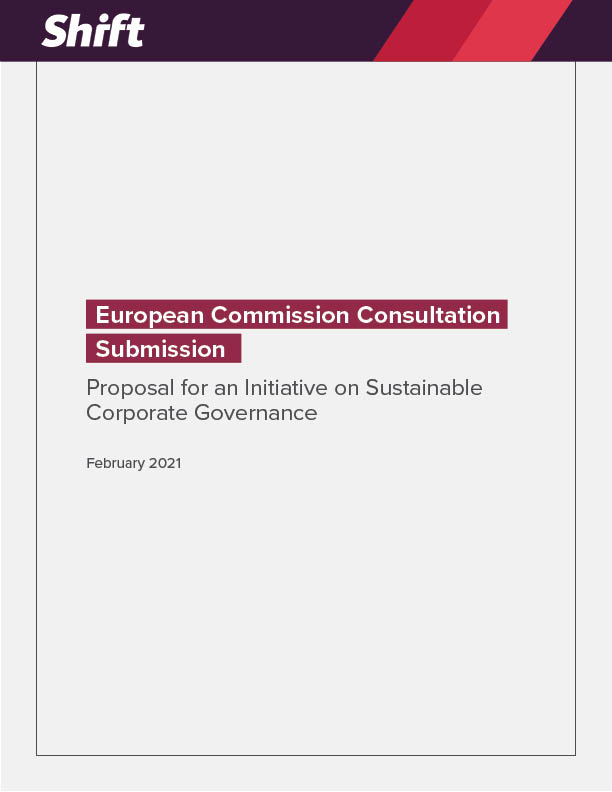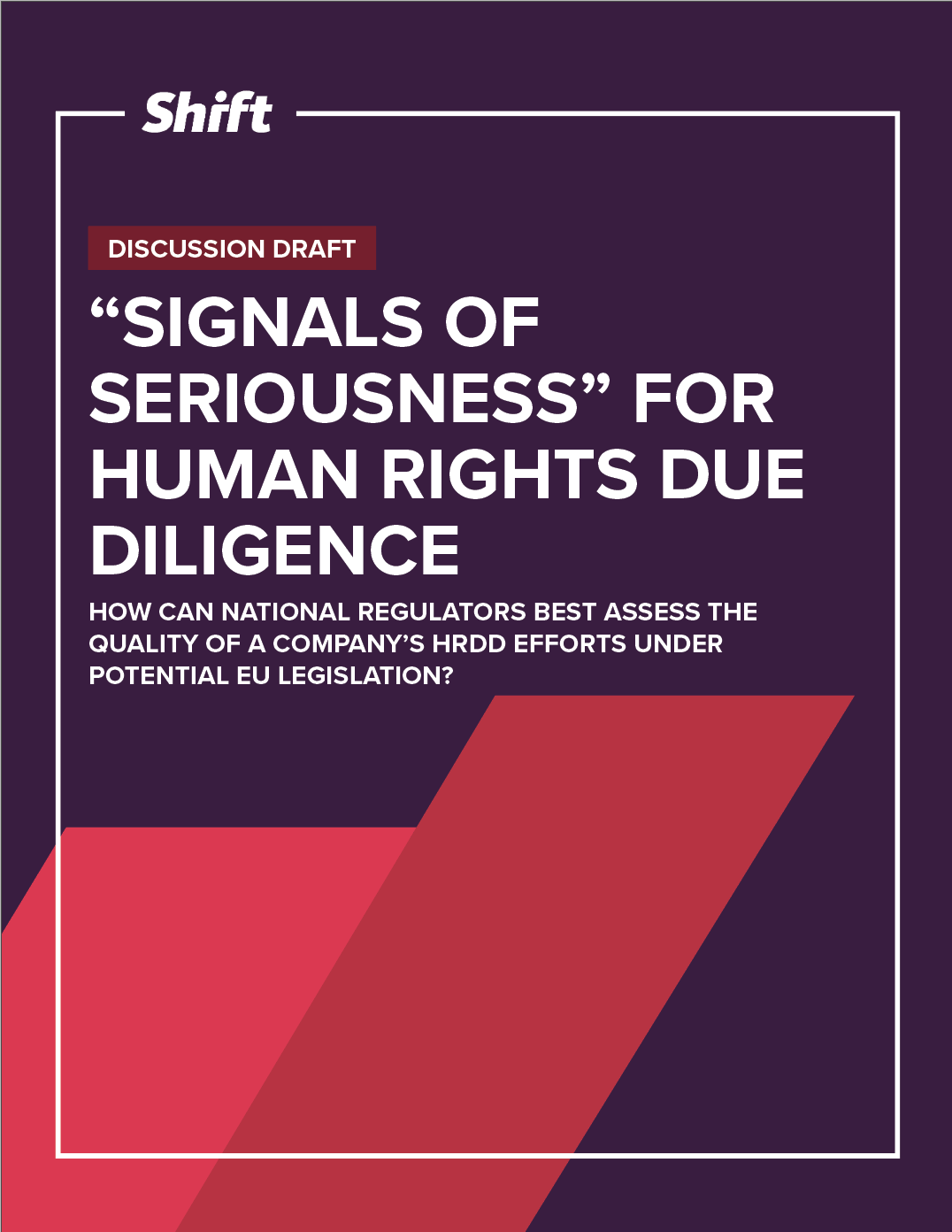These remarks were originally delivered on January 28, 2021 by Professor John Ruggie at the Corporate Due Diligence and Civil Liability Webinar, hosted by Nova Centre.
“Thank you, State Secretary, and thanks to all the sponsors and participants of this seminar series. I have been in this field for a while and I am so pleased by the fact that we are having discussions at levels of detail and possibilities that would have been hard to imagine just 10 years ago, when the Guiding Principles were adopted. I know we have a lot further to go, but every once in a while, I like to remind myself that we have already come a fair way that we can build on…”

